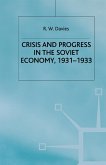The country that guides our reflection is the Bamoun Kingdom, located in the western part of Cameroon. This kingdom, which was born at the end of the 14th century, is one of the societies in sub-Saharan Africa that was able to establish a brilliant civilisation and a strong institutional organisation. The historical analysis of one of its institutions, namely the pre-colonial royal army, highlights the different missions observed through the great battles fought before the colonial period, its restructuring and the multiple reforms it underwent through two main sovereigns: King Mbuembue Mandù (1757-1817) and King Njoya (1884-1931). The reigns of Nsangù ngùngùre (1863-1876) and Ngbetkom (1814-1817) were equally marked by great events that characterised the epic and military exploits of the Bamoun army. The organisation of the military body took place during the 19th century. King Njoya who acceded to the throne in 1884 in a context marked by civil and fratricidal wars, colonisation and imperialism, was forced to renovate his army to face new security challenges.
Bitte wählen Sie Ihr Anliegen aus.
Rechnungen
Retourenschein anfordern
Bestellstatus
Storno

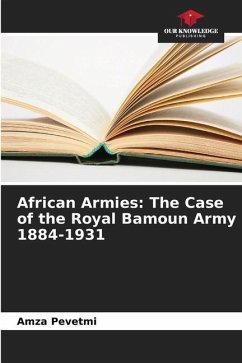
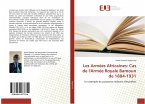
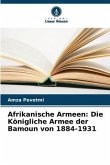


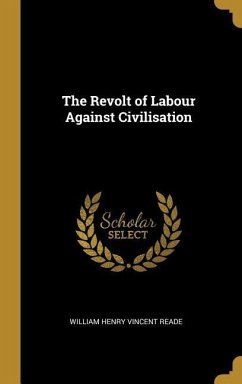
![Annual Report of the Bureau of Vital Statistics of the North Carolina State Board of Health [serial] Volume 1931 Annual Report of the Bureau of Vital Statistics of the North Carolina State Board of Health [serial] Volume 1931](https://bilder.buecher.de/produkte/65/65798/65798881m.jpg)
